Women's cleanliness enjoys equal respect and rights every month
(Women and men of all ages should be made aware of the importance of menstrual hygiene through open dialogue and education at home and at school to promote engagement with this often-understood issue.)
Creating awareness about menstruation, providing girls with safe and hygienic practices, and bursting the bubble of taboos, the world's menstrual hygiene is the epitome of the menstrual cycle. Menstruation is still taboo in many parts of the world. While this is a natural phenomenon that happens to every girl after puberty, it has not yet been addressed as 'normal'. Menstruation is very important in a woman's life, as it prepares the woman to become a mother. During this, very delicate changes take place in the woman, due to which there is weakness in her body, which is dangerous for her health. A mother needs to be healthy, as she is responsible for bringing a new life to earth. Priyanka Saurabh
Many girls do not have sanitary pads, clean toilets, or even safe disposal of used clothes during this time of the month. It not only causes urinary infection but can lead to infertility if not treated on time. According to UNICEF, every month, 8 billion people worldwide menstruate, but millions of girls, women, transgender men, and non-binary individuals at this age are still unable to manage their periods in a respectful, healthy way. . Gender inequality, discriminatory social norms, cultural taboos, poverty and lack of basic amenities like toilets and hygiene products are preventing these people from accessing safe menstrual hygiene.
In India, girls and women with disabilities from poor households and marginalized communities have a triple burden that exacerbates their vulnerabilities. Deeply embedded prejudices and misconceptions about the reproductive anatomy and abilities of persons with disabilities result in them being viewed as asexual, unfit for marriage, and incapable of bearing and raising children. In turn, these social and physical barriers compromise access to sexual and reproductive health information and services.
Globally, more than half of women are currently of reproductive age—and menstruation is a monthly reality for them. Yet worldwide, due to limited availability or exorbitant cost, many women do not have access to menstrual hygiene products or hygiene facilities. Myths and stigmas about menstruation cause some women and girls to miss school or work or go into isolation. Poor menstrual hygiene can pose a physical health risk and has been linked to infections in the reproductive and urinary tract infections.
UNICEF states that access to private facilities with water and safe low-cost menstrual materials can reduce urogenital diseases. Globally, 2.3 billion people lack basic sanitation services and only 27 percent of the population in less developed countries have access to water and soap at home. UNICEF states that nearly half of schools in low-income countries lack adequate drinking water, and sanitation, which is vital for girls and female teachers to manage their periods. Inadequate facilities can affect girls' school experience, causing them to drop out during periods.
Women and men of all ages should be made aware of the importance of menstrual hygiene through open dialogue and education at home and at school to promote engagement with this often-understood issue. Every menstruating person has the right to menstrual health, regardless of their gender identity, ability, or socioeconomic status. While India has made significant progress in removing the stigma about menstrual health and increasing access to hygiene products, let us not leave anyone behind.
During menstruation every month, many girls do not know the biological reasons behind menstruation, nor do they understand the sudden discrimination they experience. Discriminating and forced to live separately, these women and girls do not have the safe, clean and affordable means to manage their menstruation with dignity. This may change due to UNICEF's experience in this area. By raising community awareness and supporting the supply of essential hygiene products during menstruation, it is possible to change this mindset.
In the past decade, significant progress has been made in India by government and non-government actors regarding menstrual health and hygiene management. Raising awareness, increased access to women-friendly/gender-
Research Scholar in Political Science,
Poet, freelance journalist, and columnist,
For Latest News update Subscribe to Sangri Today's Broadcast channels on Google News | Telegram | WhatsApp
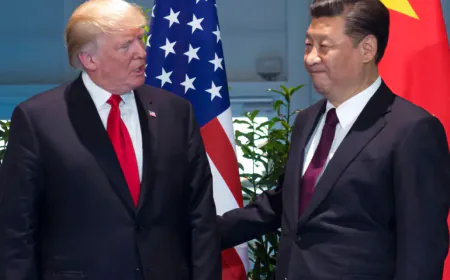


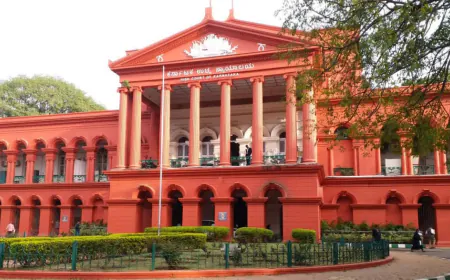






























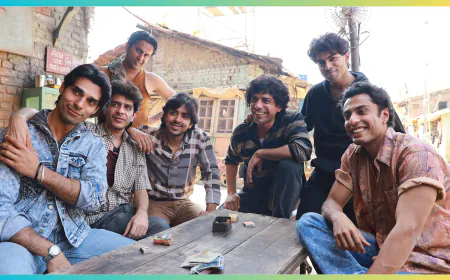


.jpeg)










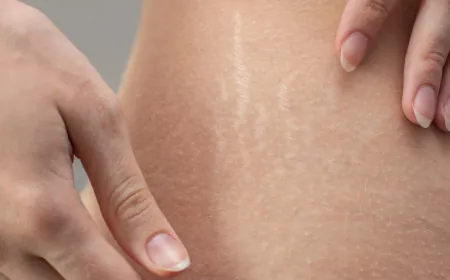
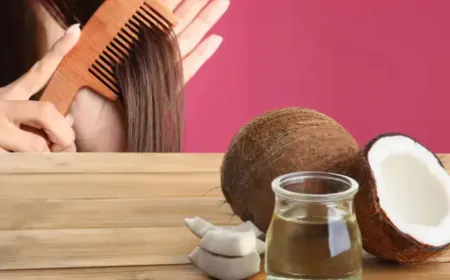











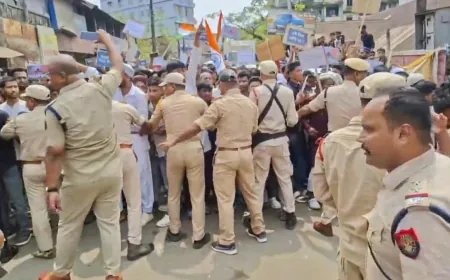
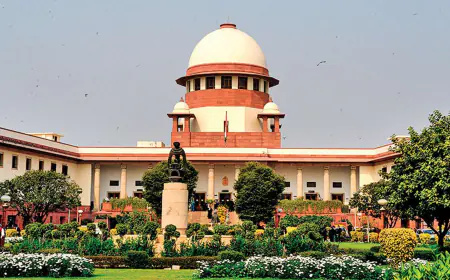













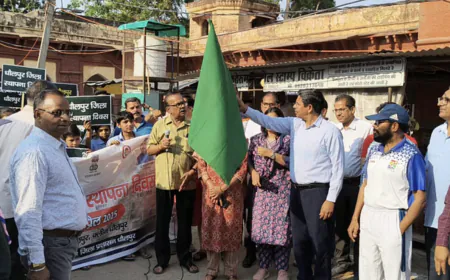


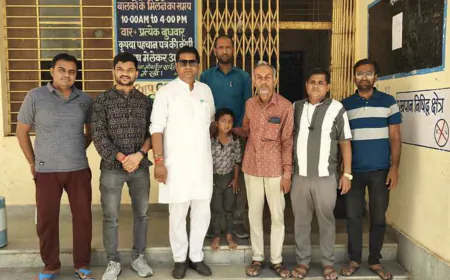

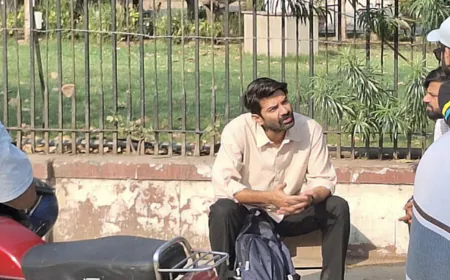










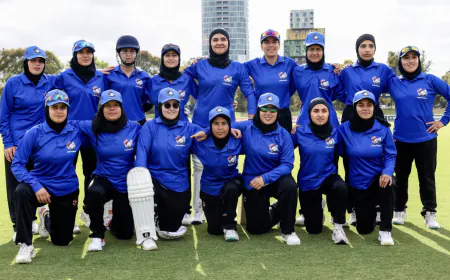




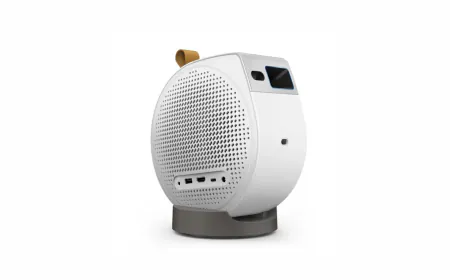











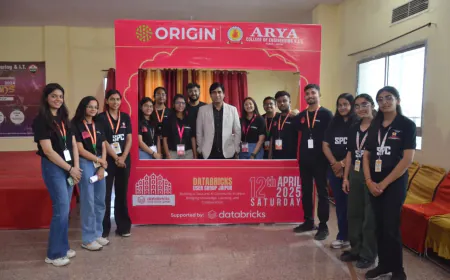


.jpeg)














